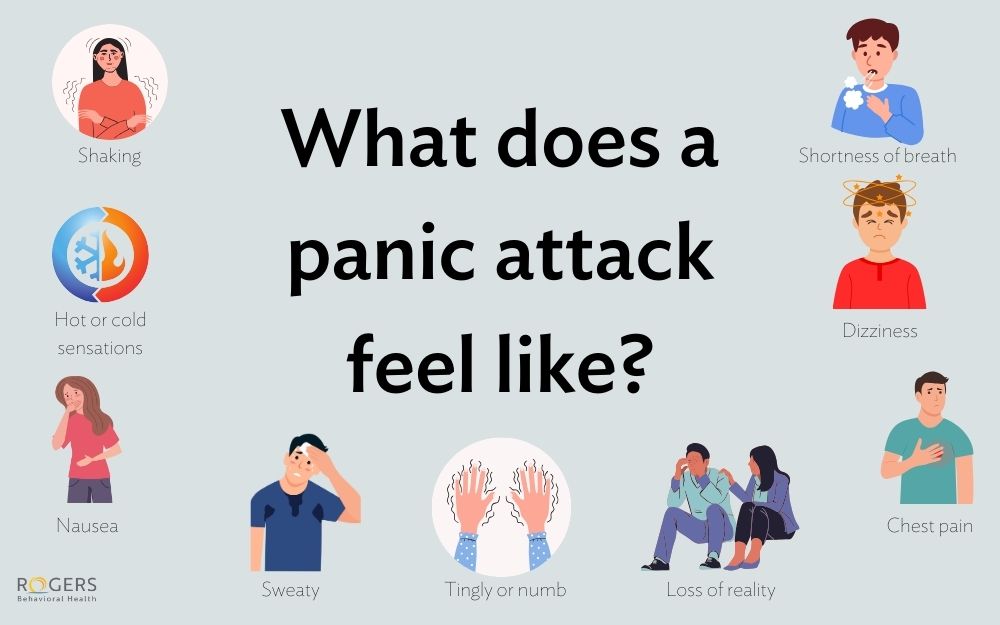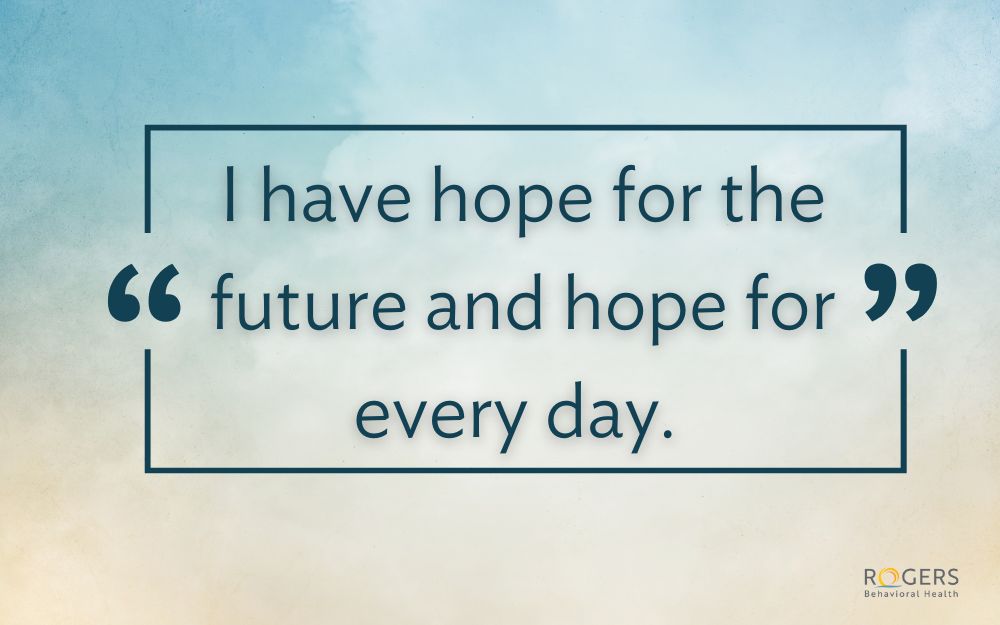Dietitians help eating disorder patients find healthy balance
Posted on 08/28/11 01:12:pmPictionary, food models and meal outings are just some of the eating disorder treatment tools the 16 dietitians at Rogers use to help each patient learn tools they can use to make healthy food choices in any situation.
Theodore E. Weltzin, MD, FAED, medical director of Eating Disorder Services for Rogers, explains the importance of including dietitians on the specialized eating disorder treatment teams at Rogers. “Normalizing nutrition is such a fundamental foundation of recovery. It isn’t defining recovery, but without it your recovery is pretty shaky. Building a strong foundation through nutritional changes is an important aspect of our treatment in all of our programs.”
“I’ve been doing this for 20 years and worked with many, many talented dietitians and therapists,” he said. “I need to rely on the dietitians and the therapists to be strong team members, as well as the rest of the staff, because these are very complex illnesses. The work of our dietitians shows that this kind of comprehensive team approach is the most effective to getting people on track to recovery.”
Wide range of treatment experience
“First and foremost, we view each person as a whole person, not a diagnosis. Each patient has their own unique challenges and concerns,” said Kari Johnson, lead dietitian at Rogers. Whether it’s a food allergy, aversion or eating disorder, the dietitians make sure each patient knows that they are there to help. “Many times,” Johnson added, “the dietitian might just listen to the patient and support them.”
With 16 dietitians on staff at Rogers, there is a wide range of talent, treatment experience and perspectives collaborating to help patients in any program with their dietary needs or challenges. The dietitians at Rogers are also expected to achieve and maintain their professional credentials. Rogers requires that all dietitians are registered through the American Dietetic Association and credentialed by the Commission on Dietetic Registration.
Therapeutic approach helps instill nutritional awareness
With the number of dietitians, it’s no surprise that children as young as eight are incorporating good nutrition practices into their individualized treatment plans. Dietitians work with patients in every treatment program, including residential, partial hospitalization and inpatient programs. And, because each person is different and has different treatment goals, the dietitian on that person’s treatment team uses numerous strategies to help the patient have a healthy relationship with food and meals.
Patients work with dietitians to learn the exchange system. This helps them learn about portion size, meal plans and daily intake goals. Using this system, patients can choose options that work for them and meet their treatment goals.
Patients who are in treatment for eating disorders learn that any food can be used to meet their meal plan. Dietitians encourage them to view various types of foods, including desserts or other “fear foods” as options that can meet their nutritional needs.
Treatment using cognitive-behavioral therapy for children, teens or adults with anxiety or OCD may include a dietary element that is reviewed by the behavioral specialist, the dietitian and the patient. The treatment team uses the same, graduated approach used for treatment of anxiety disorders so patients are not overwhelmed by food characteristics or choices.
People affected by alcoholism and other substance-use disorders benefit from working with a dietitian as they relearn self-care and guidelines for healthy living.
Skills for a lifetime
Johnson said that the great benefit that comes from patients working with a dietitian is that everyone leaves Rogers with skills they can use every day for the rest of their lives. “They become very knowledgeable about which foods they can choose, without having to avoid foods that may have been challenging for them,” she said.
How we can help
If you do not feel you need treatment right away, but may be concerned, we offer online quizzes to possibly provide some relief. While these quizzes do not provide a diagnosis, it could be the first step in finding the treatment you may need. Take our online Eating Disorder Quiz today.
Share this article:



